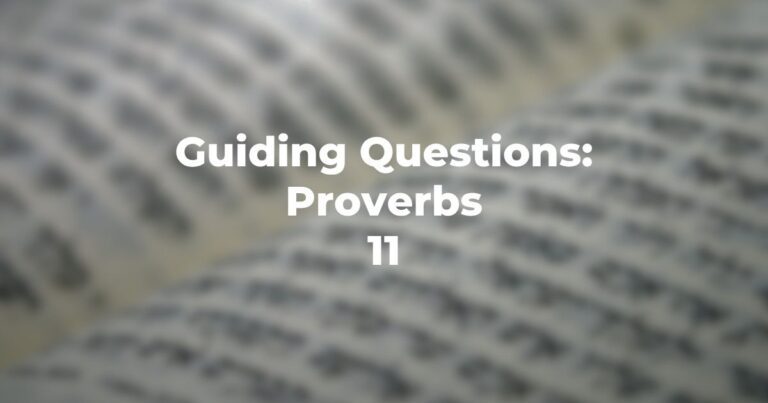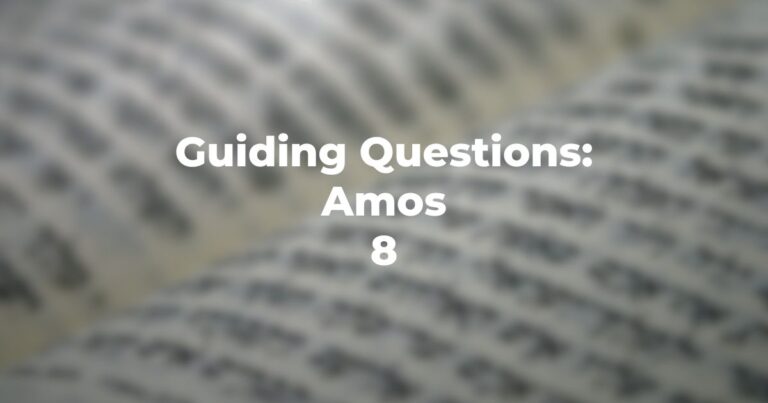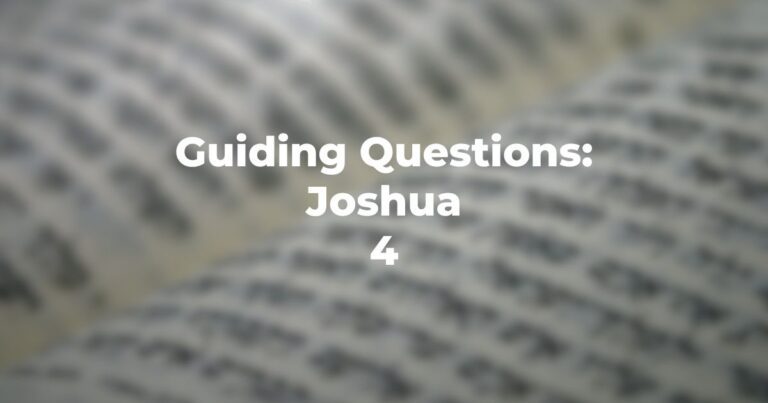- Why would those suffering from “leprosy” and other skin ailments be sent to dwell outside the camp?
- Is this an expulsion from the community, a punishment, or an attempt to keep the community “clean?”
- If one transgresses (Numbers 5:6), what is the first step in exculpation (Numbers 5:7)?
- What does the summary in Numbers 5:10 stipulate?
- If a man suspects his wife of infidelity can he summarily end the marital relationship (Numbers 5:11-15)?
- Is there any interrogation of either husband or wife in the procedure which follows (Numbers 5:15 et seq)?
- In Numbers 5:19-24 what is “the test” of fidelity—and what result is expected (Numbers 5:27-28)?
- Is this entire procedure to obtain if there are witnesses (and prior warning) to an adulterous act?
- In Numbers 5:31 what is meant by “the man will be free of transgression”—what transgression?
- Is any punishment, as such, set down for either the woman or the man (unless one regards this process as punishment, rather than mode of ascertaining guilt or innocence in the absence of witnesses)?
- Why would the TorahRefers to the first five books of the Hebrew Bible, the Tanakh, also called the Five Books of Moses, Pentateuch or the Hebrew equivalent, Humash. This is also called the Written Torah. The term may also refer to teachings that expound on Jewish tradition. Read more have used this mode “of proof”; what was the alternative (in the absence of witnesses or other objective attestation)?
- Is there any comparable (or other) procedure set down for the husband suspected of adultery by his wife?
Author
-

Exploring Judaism is the digital home for Conservative/Masorti Judaism, embracing the beauty and complexity of Judaism, and our personal search for meaning, learning, and connecting. Our goal is to create content based on three core framing: Meaning-Making (Why?), Practical Living (How?), and Explainers (What?).
View all posts




